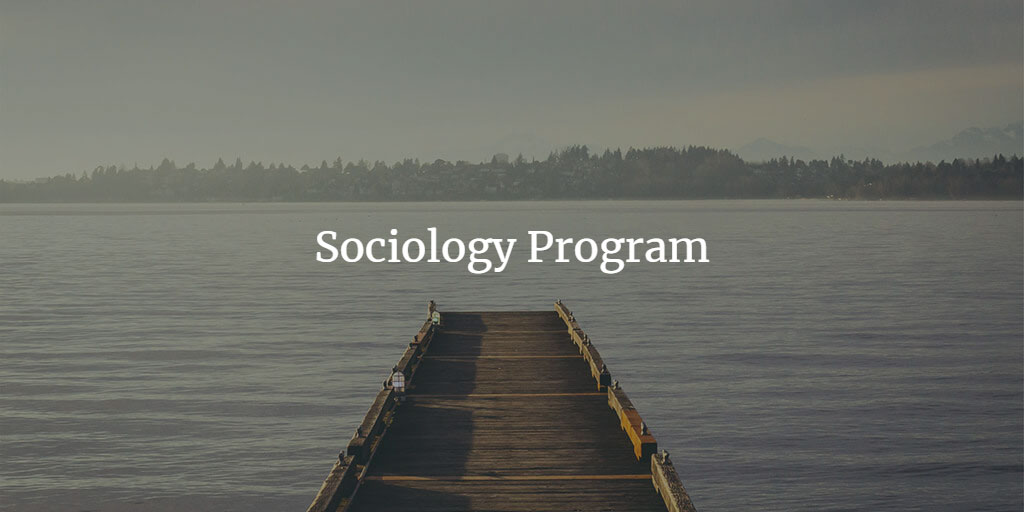Sociology Program
Sociology at Kutztown University
Sociology is the study of how society is organized, as well as how social groups, organizations, and institutions shape people's lives throughout the world. This program provides training in scientific, evidence-based methods for studying the social world, teaches respect and appreciation for others, and identifies opportunities and strategies for change that can improve society. Sociology helps us scientifically examine our society and other societies. It emphasizes how the parts of society fit together and change, and the consequences of that social change. A study of sociology provides the conceptual tools and methods for understanding:
- attitudes & behaviors
- consumers
- cities & the environment
- crime & deviance
- globalization & immigration
- organizations, work & workers
- families
- public policy
- social inequality
We place great emphasis on student mentorship. For instance, we have a strong record of sending students to the prestigious ASA Honors Program. Graduates from KU's sociology program have gone on to a variety of graduate programs both at KU and elsewhere. Students have gone on to work on masters and doctoral degrees at University at Albany (SUNY), University of Nebraska, and the University of New Mexico.
Several of our students have continued onto graduate programs at KU such as the Student Affairs in Higher Education and Counseling masters programs. Others have attended the University of the District of Columbia for an MS in Speech Language Pathology, Villanova University's Human Resources Program, Rutgers University Masters programs in Urban Planning and Social Work. We offer a flexible curriculum that includes courses cross-listed with Anthropology, Criminal Justice, Political Science, Psychology and Social Work. Several of our students will either double major or minor in these fields.
Sociology Program Mission Statement
The mission of the Sociology Program at Kutztown University of Pennsylvania is to give students a broad understanding of sociology and the sociological imagination. To that end, students learn social theory and methods, and students are given the opportunity to develop their capacities for appreciating cultural diversity, the origins and consequences of social inequality, and the effect of social factors on individual behavior.
-
Program Goals
- a familiarity with sociological subfields.
- an ability to summarize and apply basic theoretical orientations in sociology.
- an understanding of the ways in which sociologists gather, interpret, and evaluate data.
- a broad perspective on the social significance of diversity and inequality, focusing on class, gender, age, race, and ethnicity.
- an ability to think critically, analytically, and logically about social issues and social problems, using the sociological perspective.







